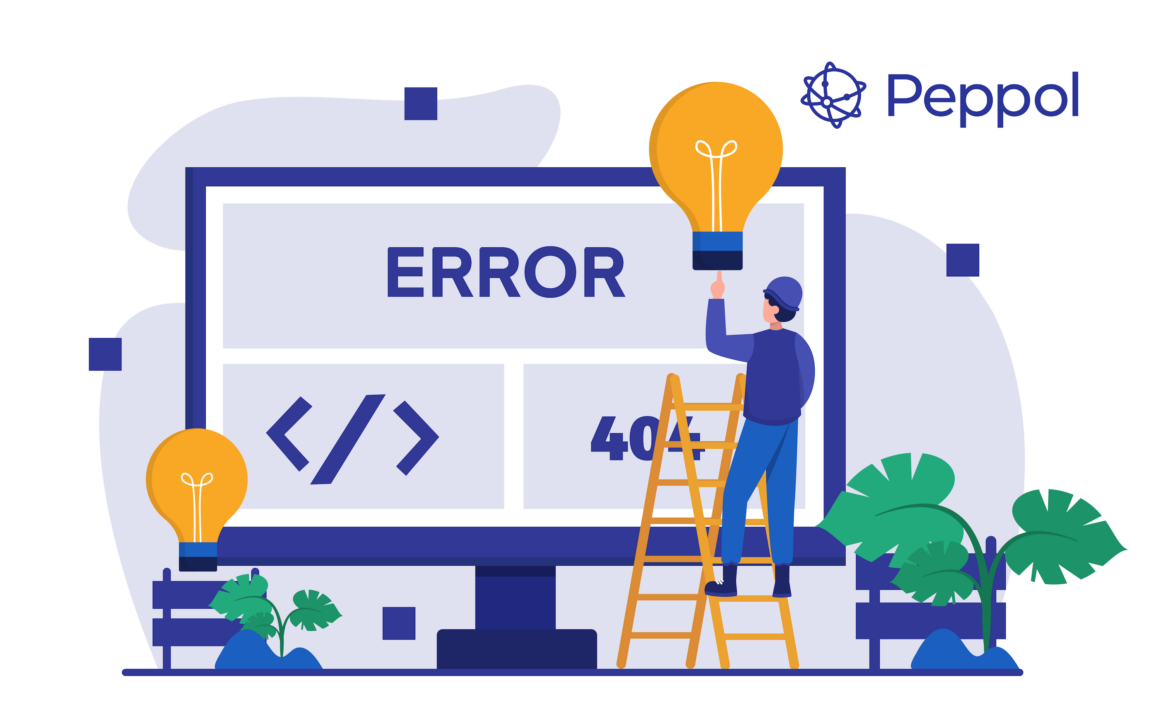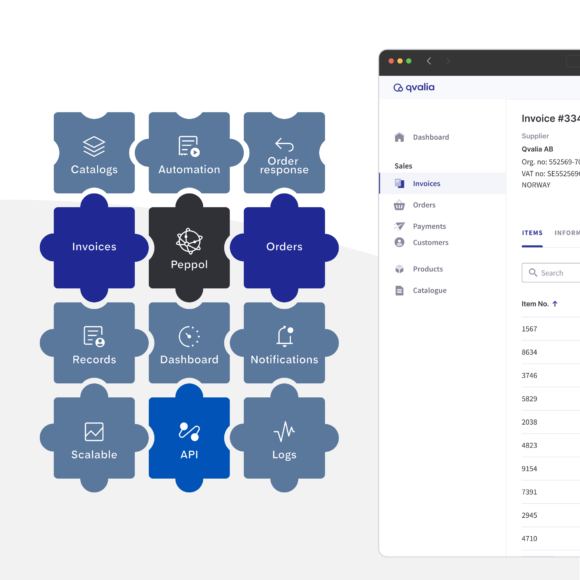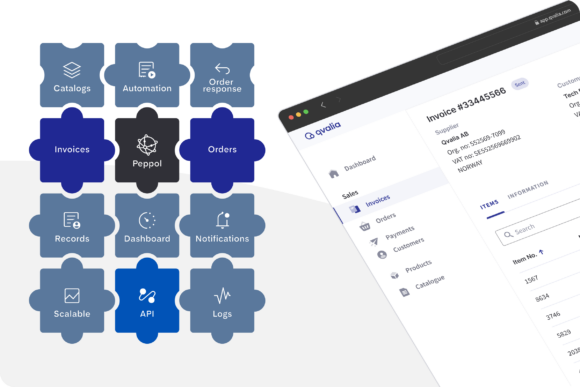
Value-Added Network (VAN) solutions and legacy technologies used for business messaging — the exchange of electronic business documents — are increasingly being outpaced by alternatives that offer more seamless, accessible, and cost-efficient transaction management.
As the technology has evolved, VAN systems face pressure in four key areas.
The complexity of multiple standards
One of the biggest obstacles to using legacy VAN services is the wide variety of industry standards, protocols, and data formats.
This complicates message transformation and compatibility, often resulting in prolonged implementation times and a higher risk of data errors. For businesses, this leads to inefficiencies and costly delays — for example, the time it takes to set up a new business partner.
Navigating national and regional compliance
Adding to this complexity are the national and regional compliance requirements. Countries and regions have distinct regulatory frameworks and compliance standards, with continuous transaction controls (CTC) on the horizon, that companies must follow.
Keeping track of and adapting to these requirements can be challenging, especially when managing end-to-end EDI connections and dealing with legacy systems. Non-compliance risks significant fines and reputational damage.
Interoperability and integration challenges
Legacy VAN services struggle with interoperability. As operators, they need legal agreements and connections to other operators before setting up exchange capabilities between new business partners. Modern API integrations is still rather uncommon, which creates further inefficiencies and risks.
This forces companies to rely on multiple solutions, which increases costs and complicates operations and system maintenance. The inability to seamlessly integrate modern systems limits businesses from fully leveraging new technology.
The high transaction costs
Legacy VAN systems come with financial costs, such as comparably high costs per message, monthly fees, hefty support fees, licensing, etc. In a market where businesses are increasingly focused on cost efficiency, the high total cost of ownership for legacy VAN becomes unsustainable.
Transition to the Peppol network
The Peppol network has become the emerging global alternative to VAN. Its open infrastructure and standardized data formats offer a more streamlined, cost-effective, and transparent alternative to legacy solutions.
Register to Peppol Academy to explore and learn how Peppol can transform your business processes.



